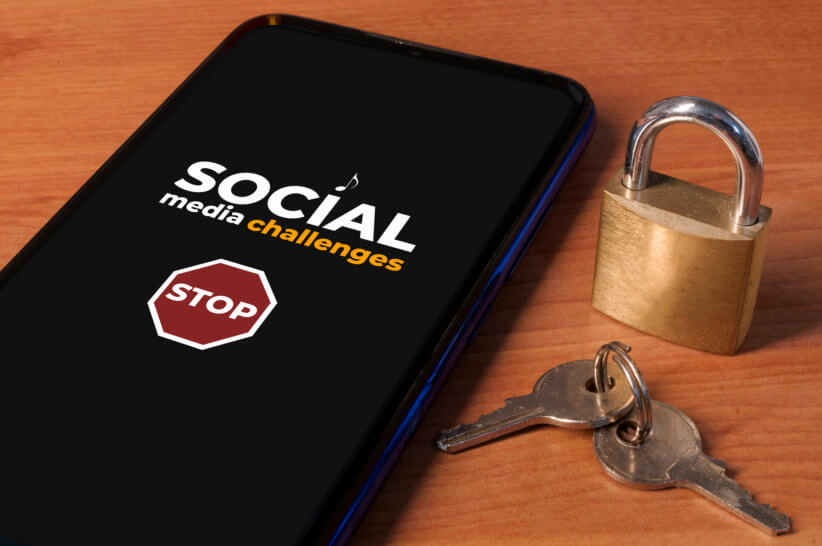
Will there be a social media warning label? Surgeon General Vivek Murthy believes it is time
It doesn’t matter how old our children are, they are us all They worry about how social media affects their lives now and in the future. Even people without children worry about the impact of social media on their mental state.
This topic has been even more at the top of the agenda lately with the much-discussed book The fearful generation by Jonathan Haidt and related initiatives such as #phonefreefriday. Now, US Surgeon General Vivek Murthy wants to place a warning label on social media in the same way as with cigarettes and alcohol. “This initiative highlights the need for parents to be vigilant and proactive in managing their children’s social media habits,” said Yaron Litwin, Digital Safety Expert and Chief Marketing Officer at Canopy.
Psst…What to do when your child comes out: Parent’s guide to supporting LGBT+ children
In his op-ed, Murthy even referenced a number of studies, including a 2019 Study by the American Medical Association published in JAMA showing that teens who spend three hours a day on social media double their risk of depression – surveys have shown that teens almost five hours a day on social media apps.
“He wants to add a cautionary note about social media because while it may seem like social media has been around for a long time, it is quite new and we are raising children in an unprecedented time where we have full access to social media platforms from birth,” says Olivia Dreizen Howell, a social media expert, certified life and success coach, and CEO and founder of Expert community for a fresh start. “What has been reported is that having access to social media at a young age is detrimental to mental health and we need to look carefully at the purpose of social media and the long-term impact it will have on future generations.”
Howell further notes that while positivity can come from being active on social media, children are not born knowing how to maneuver and manage themselves on these platforms. So we need to carefully assess how to go about raising children in the world of social media. Social media as a constant.

It’s not one-dimensional
Many parents believe that protecting their children from social media is black or white, but that’s really not the case. There can be a nuanced and thoughtful approach.
“I really think the most important thing Murthy wants parents to know is that we can approach social media and our children with a researched, balanced and gentle approach,” says Howell. “Social media can play a very important role for many children – especially those who find it difficult to communicate from person to person or children who lack support in their daily lives.”
However, she goes on to note that we cannot stand idly by and watch our children navigate the murky waters of social media alone. “I really appreciate that his call to action was a community call to action – we need to look at this as a mental health crisis for all children – and work together so that parents don’t feel guilty about ‘screwing up’. ‘ their children by not letting them participate in social media.
A warning label for a social media proposal is long overdue
While the proposal may seem too late given the widespread use of social media, Litwin says it is still a crucial step in the right direction. “Tackling the problem now can limit further damage and promote a healthier digital environment for future generations. Implementing warning labels and other regulatory measures can still have a significant impact on awareness and behavior.” Nevertheless, he underlines that the effectiveness of warning labels will depend on their implementation and integration into a broader strategy.
“Warning labels alone may not be enough, but as part of a comprehensive approach – including education, parental guidance and mental health support – they can help promote healthier social media habits and reduce the risks associated with reduce overuse.”

What can parents do today?
Parents can take immediate steps to protect their children. Litwin suggests the following:
- Set and enforce limits on daily social media use.
- Discuss the potential mental health risks associated with excessive social media use.
- Encourage and facilitate offline activities that promote well-being.
- Use parental control tools to monitor and manage social media use.
- Model healthy digital habits for your children.
Sharon Feiereisen
 Healthy Famz Healthy Family News essential tips for a healthy family. Explore practical advice to keep your family happy and healthy.
Healthy Famz Healthy Family News essential tips for a healthy family. Explore practical advice to keep your family happy and healthy.


